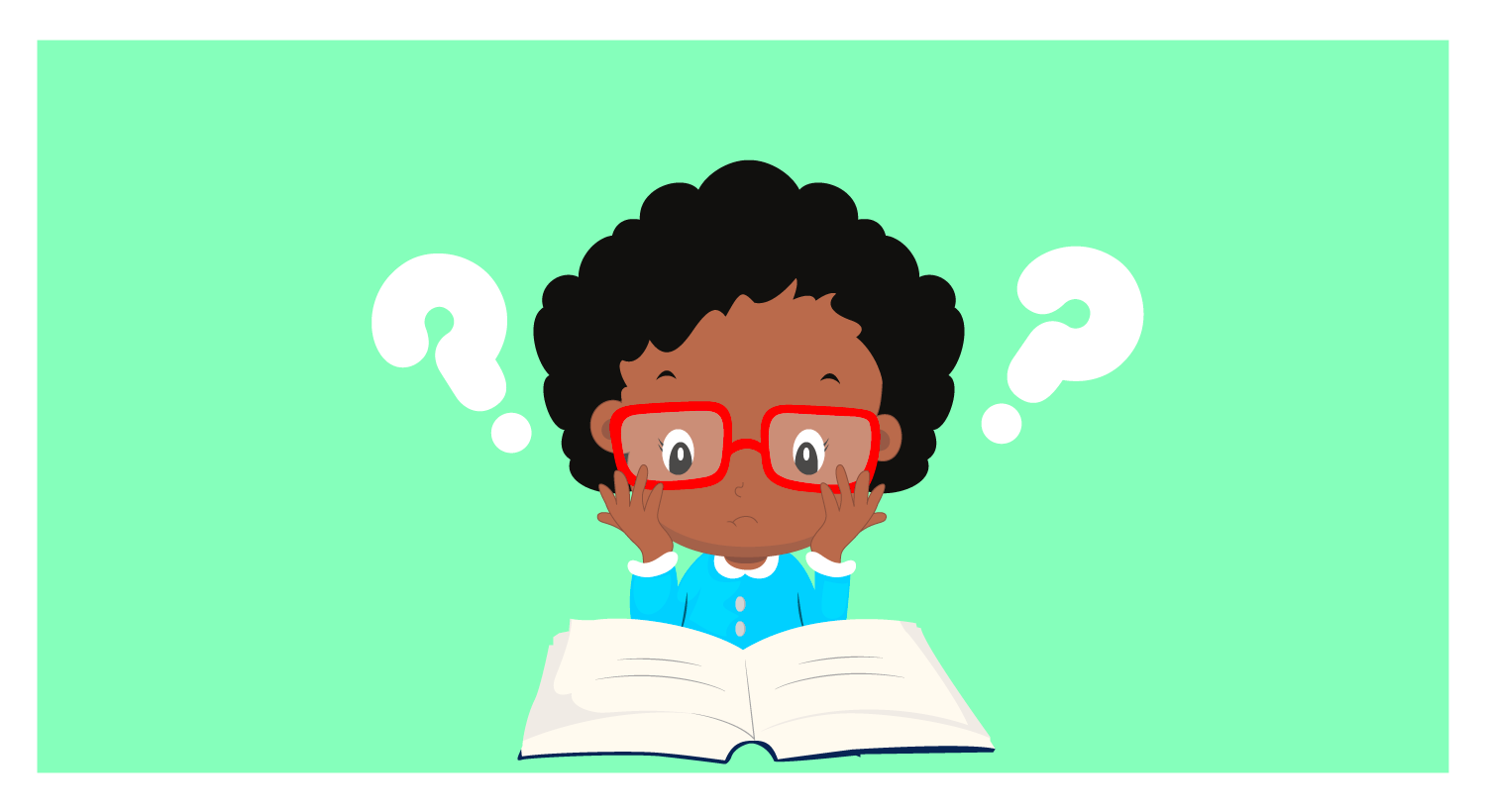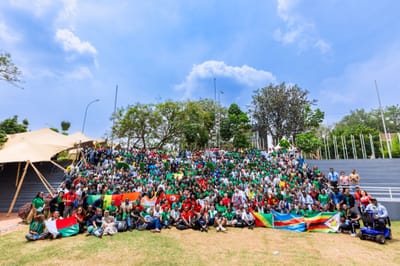The article by Tech Central sheds light on a significant issue in South Africa's education system. The study suggests that four out of five Grade 4 learners struggle with reading comprehension, a critical skill required for success in academic and professional life. This op-ed will explore solutions to this problem and technology's role in solving it.
One of the significant challenges facing South Africa's education system is the shortage of qualified and experienced teachers, particularly in rural areas. The government must invest in quality teacher training programs and recruitment drives to attract skilled individuals to the teaching profession. According to the article, "The Department of Basic Education has started the Funza Lushaka Bursary Programme, a scholarship programme that provides full-cost bursaries to eligible students wanting to become teachers. The bursaries cover tuition, accommodation, and a small allowance for living expenses." This initiative is an excellent step towards addressing the shortage of teachers in the country.
Another solution to this problem is increasing access to reading materials. Children with access to books and other reading materials are more likely to develop their reading skills than those without. Therefore, the government could consider building community and mobile libraries in rural areas. According to the article, "Nal'ibali is an organization that promotes reading for enjoyment among children in South Africa. It provides free access to storybooks and other reading materials to help children develop their reading skills." Such initiatives can help bridge the reading gap and improve reading comprehension in South African children.
Technology can also play a significant role in addressing this issue by enhancing learning. Many schools in South Africa are under-resourced, making it difficult for teachers to provide quality education to their students. The government could provide schools with tablets or laptops pre-loaded with educational software, such as e-books, educational games, and interactive videos. This initiative can help make learning more engaging and exciting for students and help teachers deliver quality education. According to the article, "Vodacom, one of South Africa's leading telecoms providers, has partnered with the Department of Basic Education to provide internet access to 82 schools in rural areas, which internet providers have historically overlooked."
Technology can significantly address this issue by providing tools such as translation software, which can help children learn in their mother tongue.
Moreover, addressing the language barrier that many students face is critical. Many children in South Africa come from households where English is not their first language. This language barrier can make it challenging for children to learn to read and understand what they are reading. Technology can significantly address this issue by providing tools such as translation software, which can help children learn in their mother tongue.
Finally, socio-economic factors such as poverty, malnutrition, and poor living conditions can impact children's ability to concentrate and learn effectively. The government can address these challenges by implementing initiatives such as school feeding programs, healthcare initiatives, and social welfare programs. According to the article, "The Department of Basic Education, in partnership with the Department of Social Development, has launched the National School Nutrition Programme, which provides nutritious meals to learners in poor schools across the country."
In conclusion, the problem of poor reading comprehension in South Africa is a significant issue that requires urgent attention. While there are no easy solutions to this problem, the government can address it by investing in quality teaching, increasing access to reading materials, using technology to enhance learning, addressing the language barrier, and addressing the socioeconomic factors that impact children's ability to learn. With sustained investment and collaboration between the public and private sectors, it is possible to ensure that every child in South Africa has access to quality education and the opportunity to reach their full potential.







